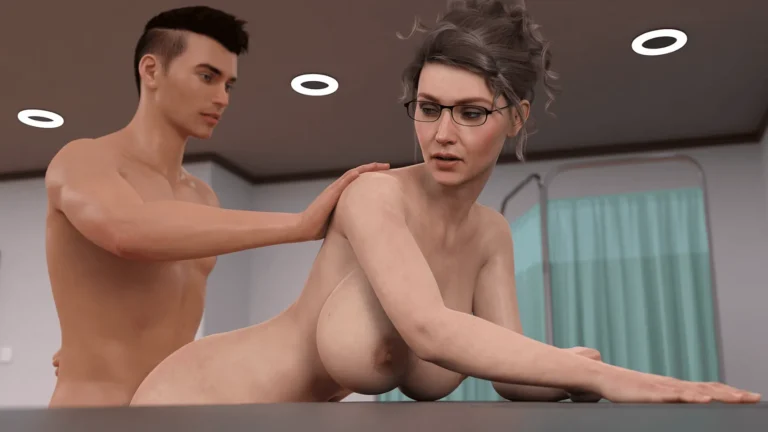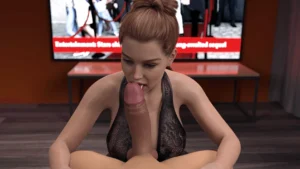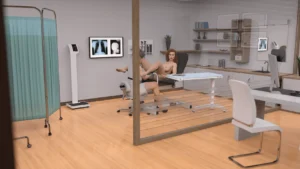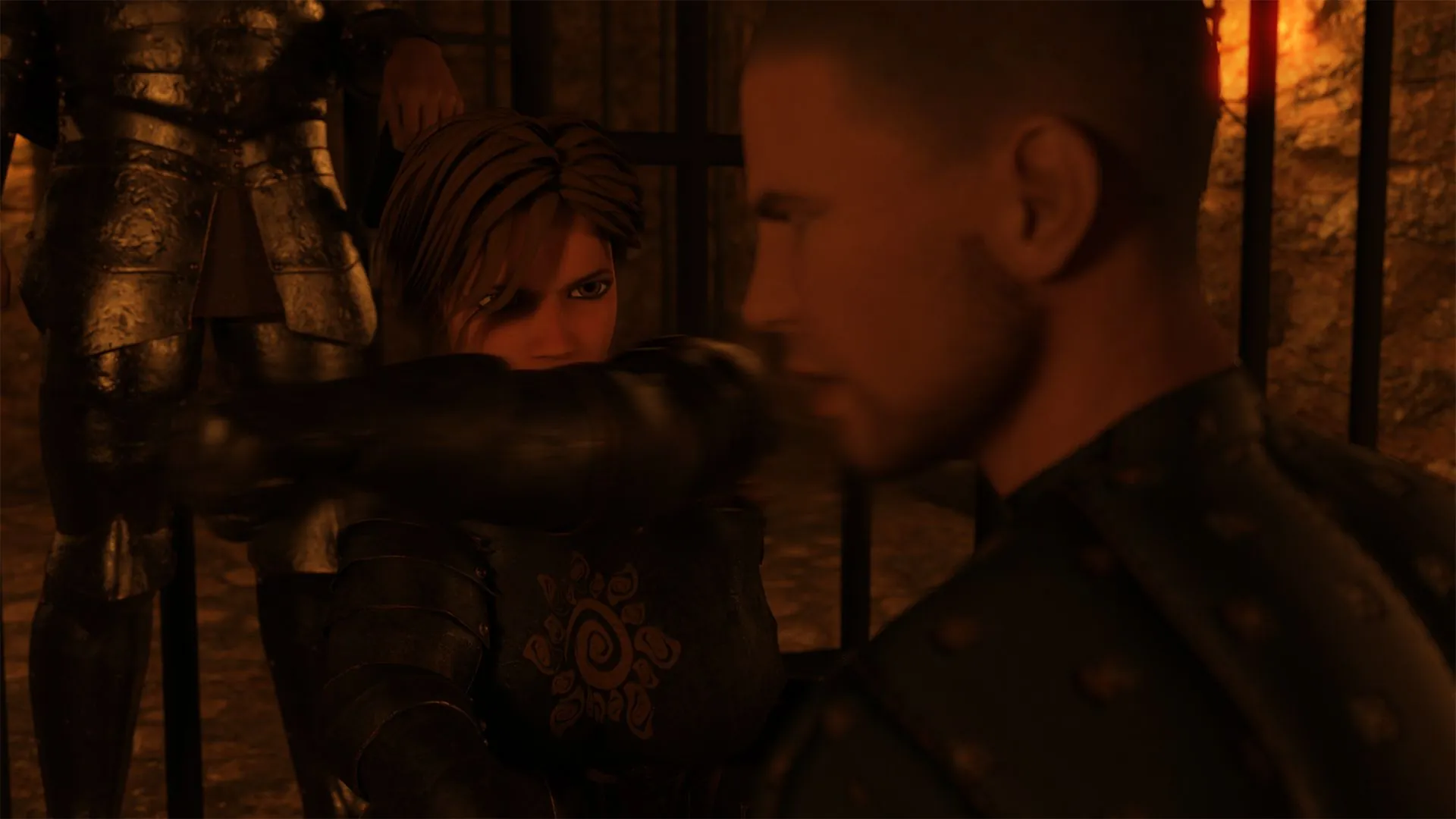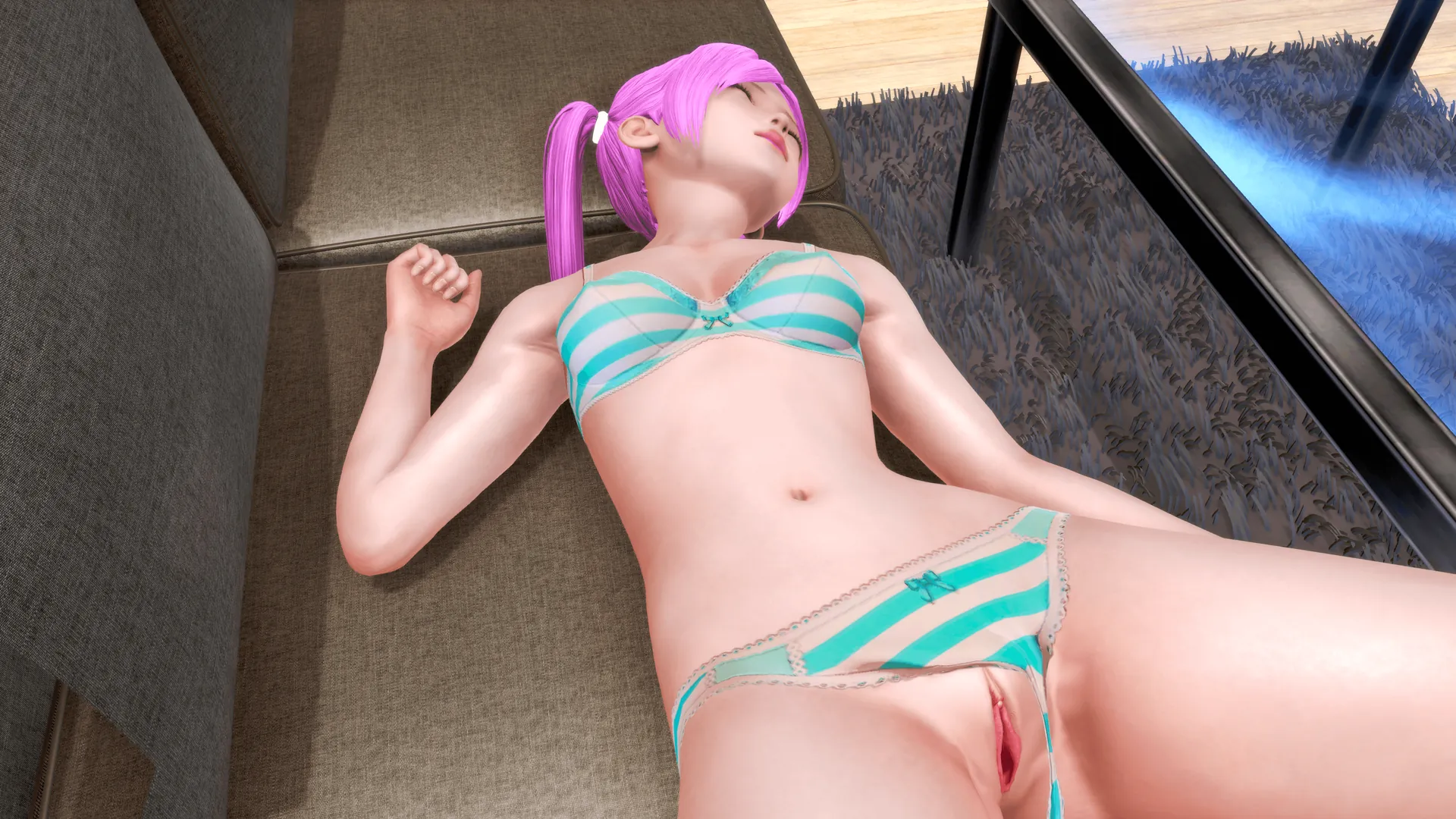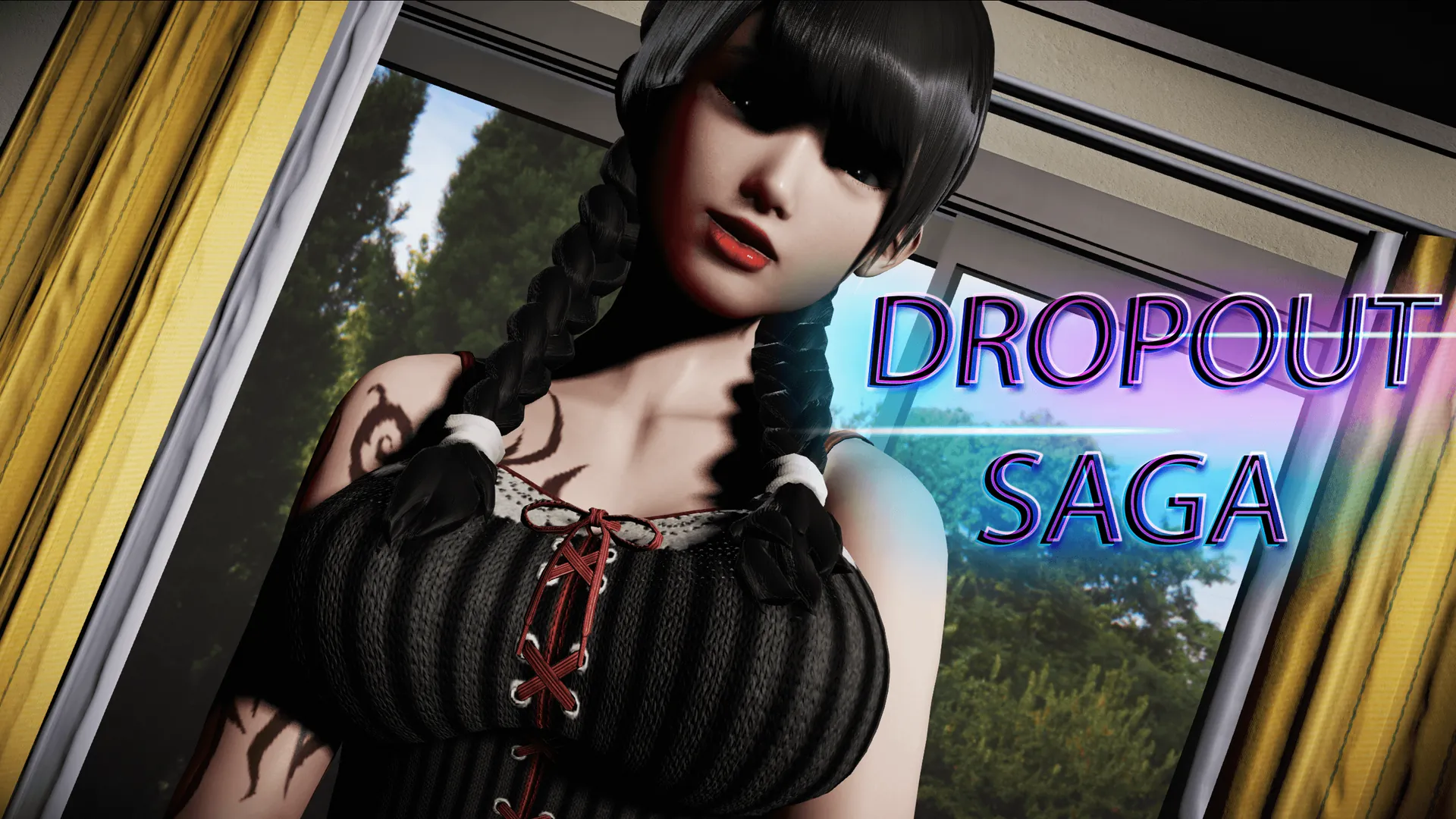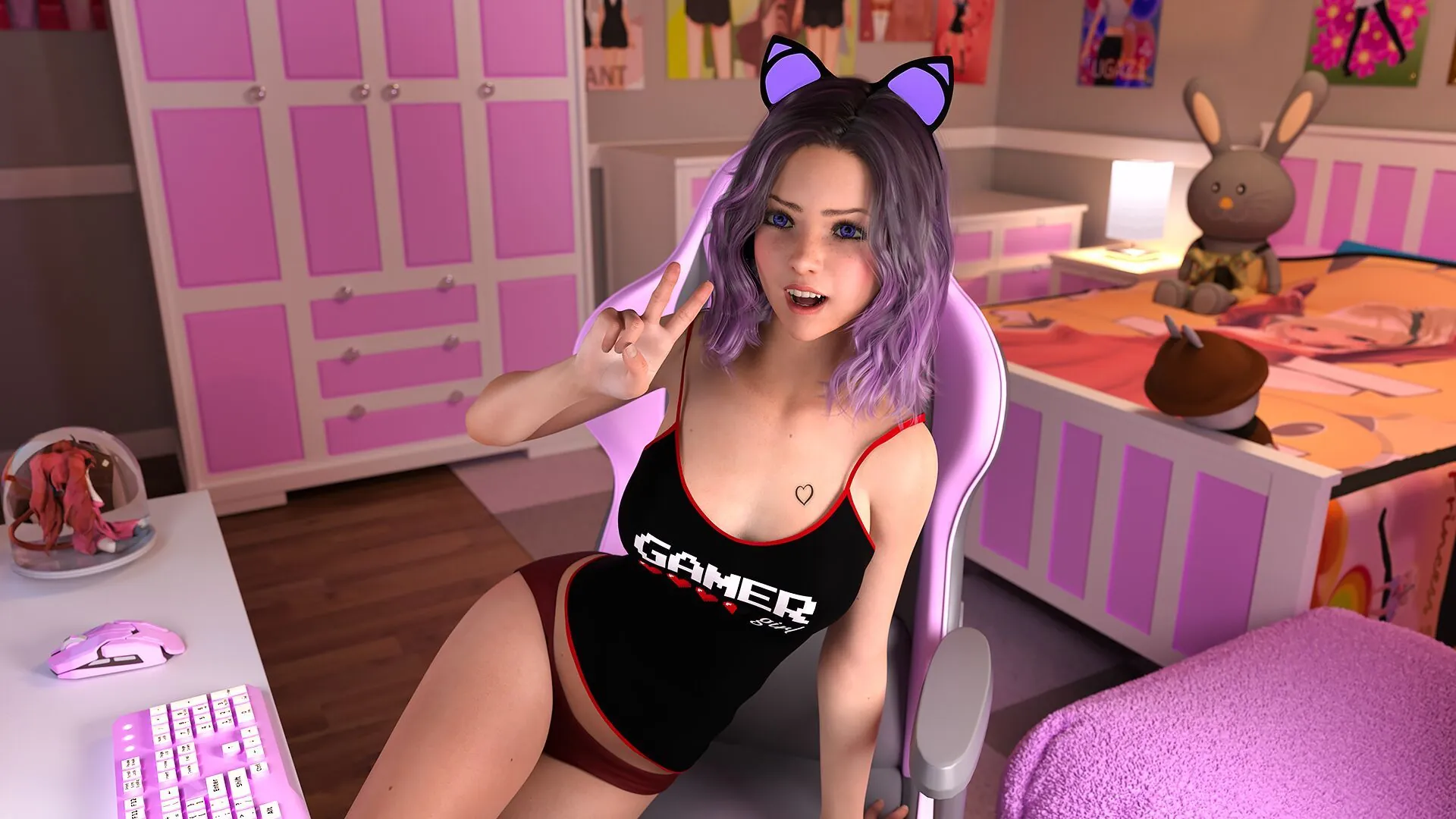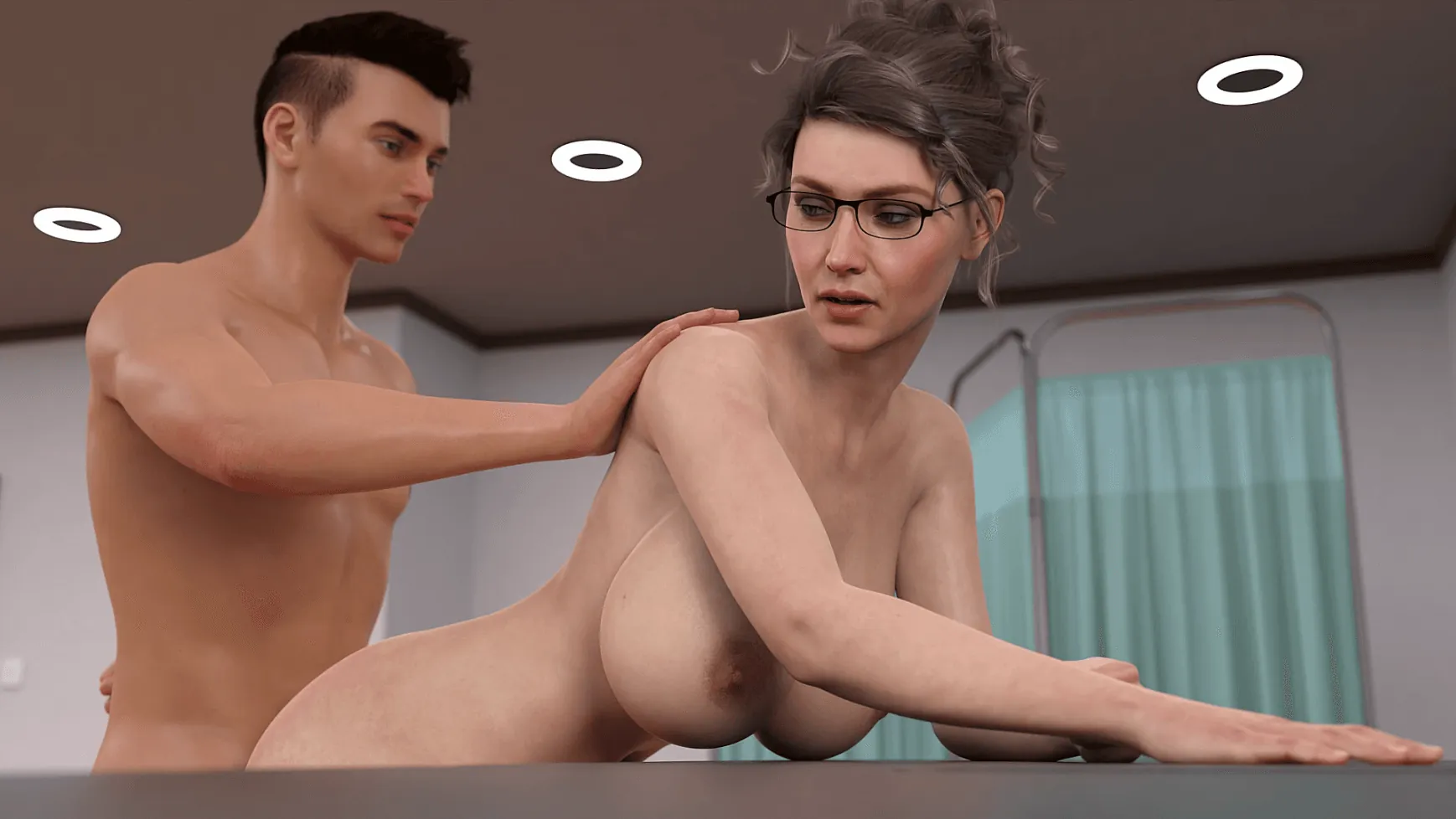
Play Adverse Effects
Adverse Effects review
Exploring the Impact and User Experience of the ‘Adverse Effects’ Adult Game
The game ‘Adverse Effects’ has gained attention for its adult content and immersive gameplay, but like many games in this genre, it raises questions about its potential negative impacts on players. In this article, we dive deep into the adverse effects associated with the ‘Adverse Effects’ game, examining how it influences users psychologically and socially. Whether you are a player or simply curious, understanding these effects can help you make informed decisions about engaging with this game.
What Are the Adverse Effects of Playing ‘Adverse Effects’?
What Are the Adverse Effects of Playing ‘Adverse Effects’?
Ever found yourself feeling strangely off after a gaming session? 😕 You’re not alone. The ‘Adverse Effects’ game, while gripping, can leave players wrestling with unexpected consequences. Let’s unpack the real costs of diving into its world.
Psychological Impact and Emotional Responses
The ‘Adverse Effects’ game impact on mental health is profound. Players often report intense anxiety spikes or lingering guilt after exposure to its adult themes. Take my friend Alex (name changed), who confessed: “I’d finish a session feeling numb, then lie awake replaying scenes in my head. It made me question my own values.” 😰 This mirrors broader psychological effects of adult games—research suggests repeated exposure can dull emotional sensitivity, making everyday interactions feel bland.
The game’s design fuels this. Its branching storylines pressure players into morally ambiguous choices, creating a cycle of regret and desensitization. One user shared on a forum: “I started needing darker content to feel anything—it scared me.” 🫣 These emotional effects of adult content games aren’t just fleeting; they can reshape how you process real-life intimacy.
Quick tip: If you feel shame or anxiety post-game, pause and journal. Ask: “Why did this trigger me?” Understanding your reaction is step one.
To counter this:
– Set time boundaries (e.g., “90 minutes max per session”). ⏳
– Swap gaming nights for group activities like trivia. 🎲
– Talk to a therapist if numbness persists.
Social Consequences and Relationship Dynamics
Ignoring the social consequences of gaming is like pretending a storm won’t flood your house. 🌧️ The ‘Adverse Effects’ game impact ripples into real-world connections. Partners often feel sidelined when gaming replaces date nights, breeding resentment. One couple I coached nearly split because the husband prioritized unlocking “secret scenes” over anniversaries. 😤
Isolation creeps in silently. Players might skip friends’ calls to grind levels, worsening loneliness. The game’s solo-focused design amplifies this—no multiplayer means no built-in social checks. 🚫 We also see relationship impact of adult games when secrecy kicks in; hiding playtime erodes trust. As one Reddit user lamented: “My girlfriend found my search history. She asked if I preferred fantasies over her.” 💔
Combat this with:
– Transparent scheduling (“I’ll game from 8-9 PM, then we’ll watch a movie”). 📅
– Shared activities post-session to reconnect (cook together, walk the dog). 🐕
– If caught in lies, own up immediately: “I’m sorry. Let’s discuss why I hid this.”
Gameplay Addiction and Behavioral Patterns
Spotting game addiction symptoms early saves relationships and careers. 🚨 With ‘Adverse Effects’, it starts innocently—”One more choice!”—but escalates to skipping meals, work deadlines, or sleep. 🔄 Key red flags:
– Compulsive reloads to “fix” story outcomes.
– Ignoring chores (“I’ll clean after this scene”… spoiler: you won’t). 🧹
– Irritability when interrupted.
The game hooks players via variable rewards—unpredictable story twists activate dopamine surges. 🧠 One player admitted: “I called in sick twice to finish endings. My boss noticed.” 😓 These behavioral patterns mirror substance dependency cycles.
Managing gaming addiction requires structure:
1. Detox days: Go device-free every Sunday. 📵
2. Environmental tweaks: Move your console out of the bedroom.
3. Accountability partners: Have a friend check in if you vanish online. 👥
4. Professional help: If quitting feels impossible, seek a counselor specializing in behavioral addictions.
Remember: Games should add to life, not become it.
| Adverse Effect | Signs to Spot | Action Plan |
|---|---|---|
| Emotional numbness | Real-life events feel “flat” | Journal feelings daily; seek therapy |
| Relationship strain | Secretive behavior; missed commitments | Schedule tech-free bonding time |
| Addictive patterns | Neglecting hygiene/work | Set alarms for breaks; delete saves if needed |
Balancing ‘Adverse Effects’ starts with honesty—with yourself and others. 🕊️ Recognize when fun becomes fixation, and prioritize your mental health and connections. After all, the most rewarding “game” is a life fully lived. 🌟
The ‘Adverse Effects’ game, while engaging for many, can lead to several negative impacts including psychological distress, social challenges, and addictive behaviors. Recognizing these effects early and adopting practical strategies can help players maintain a healthier balance between gaming and daily life. If you or someone you know is experiencing difficulties related to this game, consider seeking support and exploring ways to moderate gameplay. Staying informed and mindful is key to enjoying the game responsibly.
